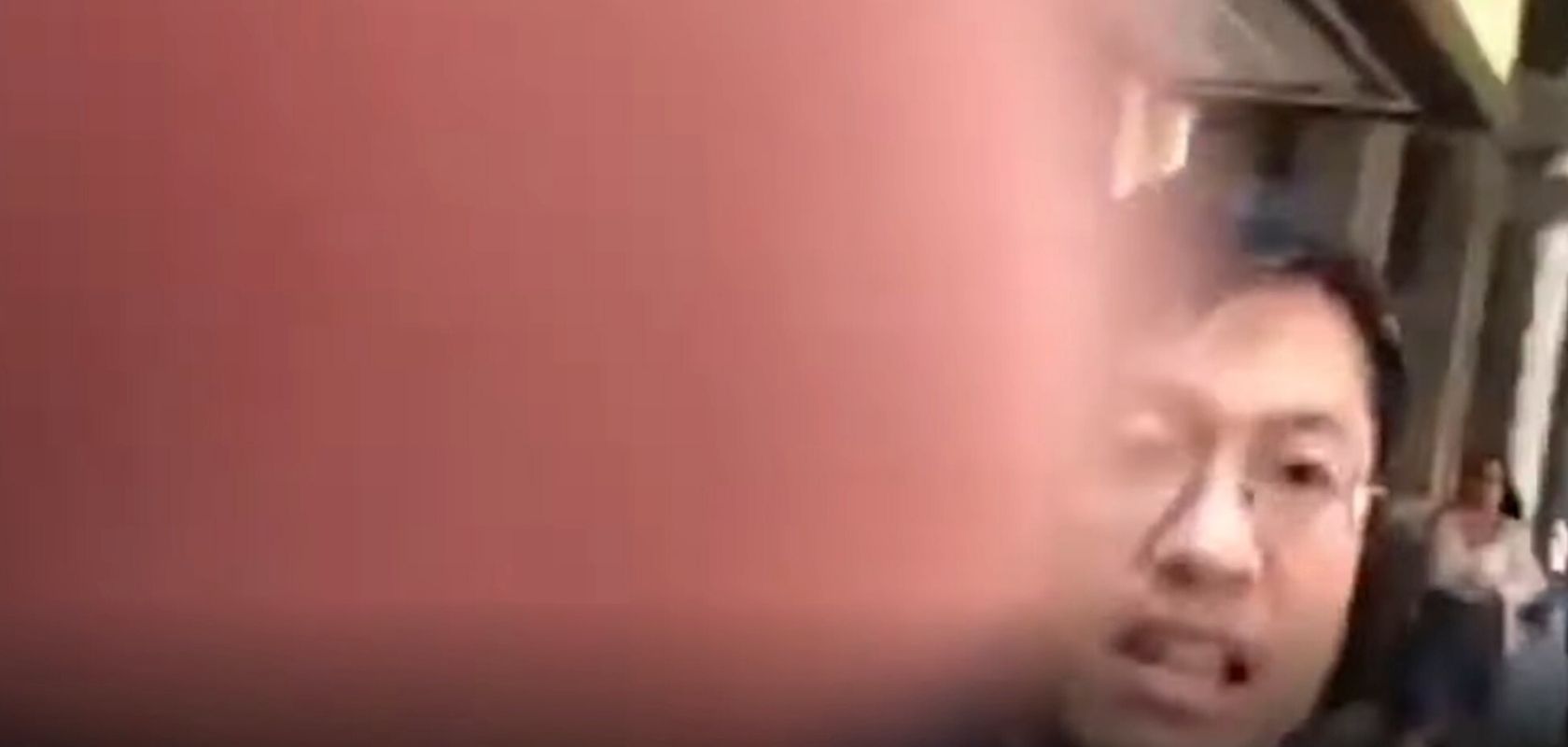The State of California has over the past couple of years enacted several pieces of legislation pertaining to the digital market and online communications, some more controversial than others.
These include a bill against publishing “deepfake” videos ahead of a US election, another severely limiting the ability of companies to hire freelancers – and before that, a GDPR-inspired Consumer Privacy Act (CCPA).
But California’s state lawmakers are not stopping there, as a new bill now hopes to tackle the phenomenon of livestreaming violent content on social media giants like Facebook and YouTube.
While these platforms have their own terms of service, community guidelines, and moderation and censorship policies, Senate Bill 890, proposed by Democrat Richard Pan, wants the state to have the final say in these matters.
The legislation would allow the authorities to fine social networks and order them to remove content “posted by alleged perpetrators when a request is made by victims.”
And while Pan cites some serious examples, including incidents of livestreaming of murders, it would seem that in proposing the bill he was inspired by personal experience.
Click here to display content from YouTube.
Learn more in YouTube’s privacy policy.
The state lawmaker previously made a name for himself by introducing Bill 276 that resulted in more stringent rules around vaccination of schoolchildren. This led to an altercation with an anti-vaccine activist, who appeared to “shove” Pan in a video livestreamed on Facebook.
The video is still up, despite the politician’s request to Facebook to remove it.
The context around the proposed bill did not escape the attention of EFF, a California-based digital rights group, whose civil liberties director David Greene said, “I understand his motivation for doing this given his own personal experience, but the bill is really problematic.”
According to the argument, the concern is that such a law would “violate constitutional rights to free speech and due process.”
Greene specified that federal law allows internet platforms to host user-generated content without being legally liable for it – while in addition, this content can in some cases be protected speech that is considered both newsworthy, and in the public interest.
Some Republican sources, meanwhile, are cited as saying that lawmakers from this party “share Greene’s concerns” – particularly, that the bill would require social platforms to remove content even before a court rules on whether or not a crime had been committed.













